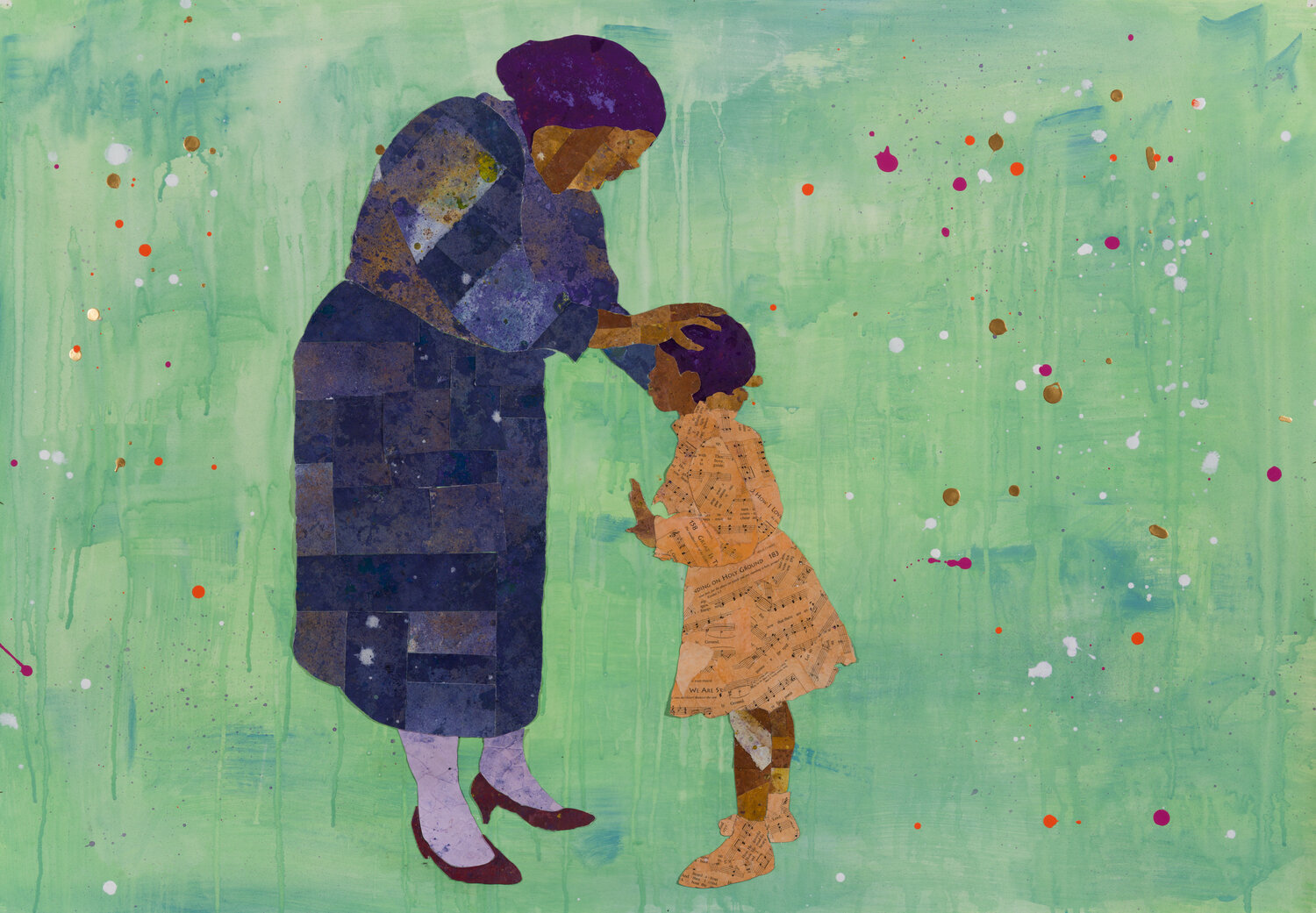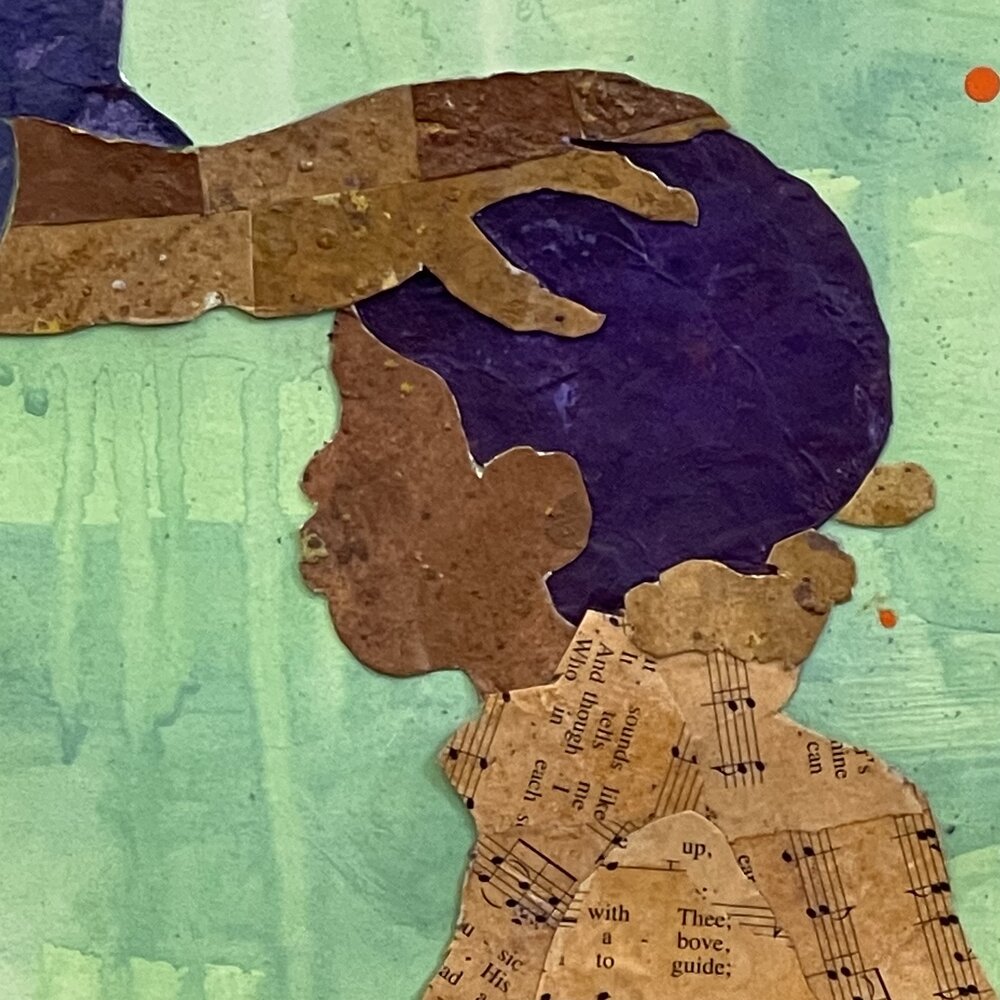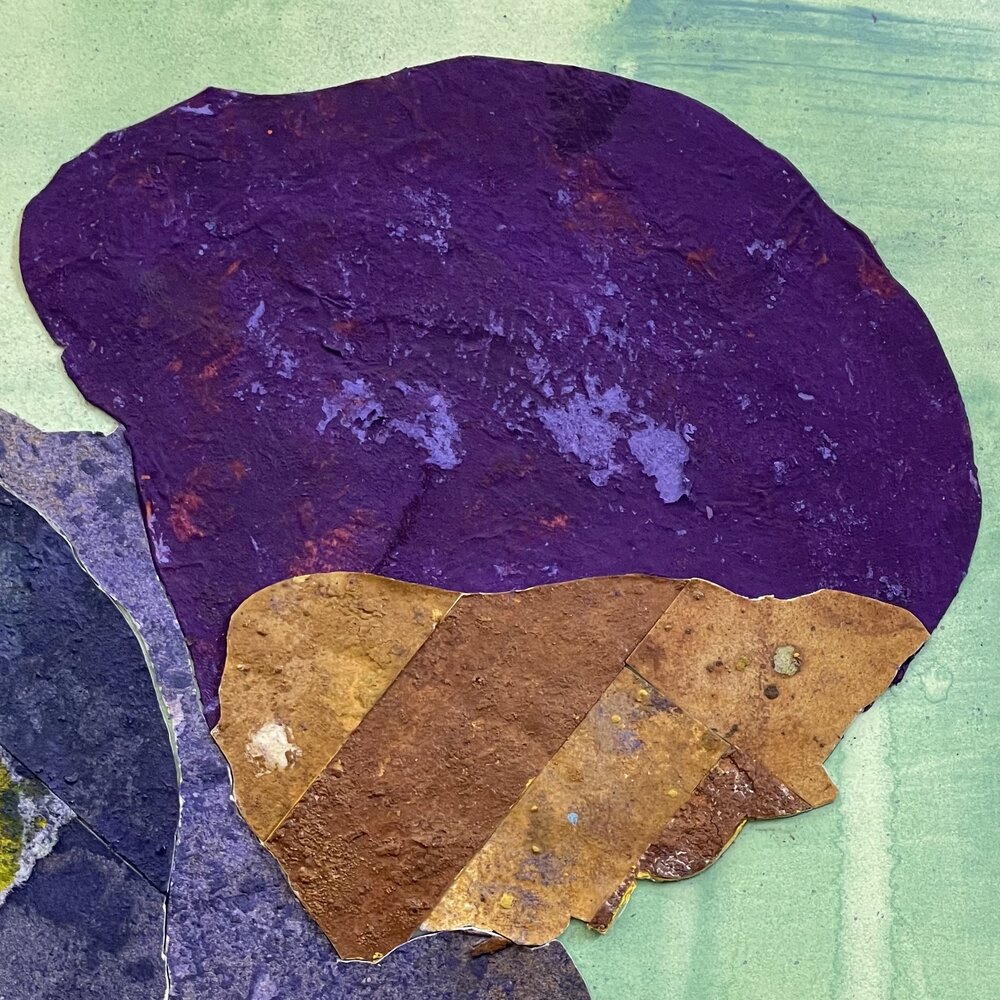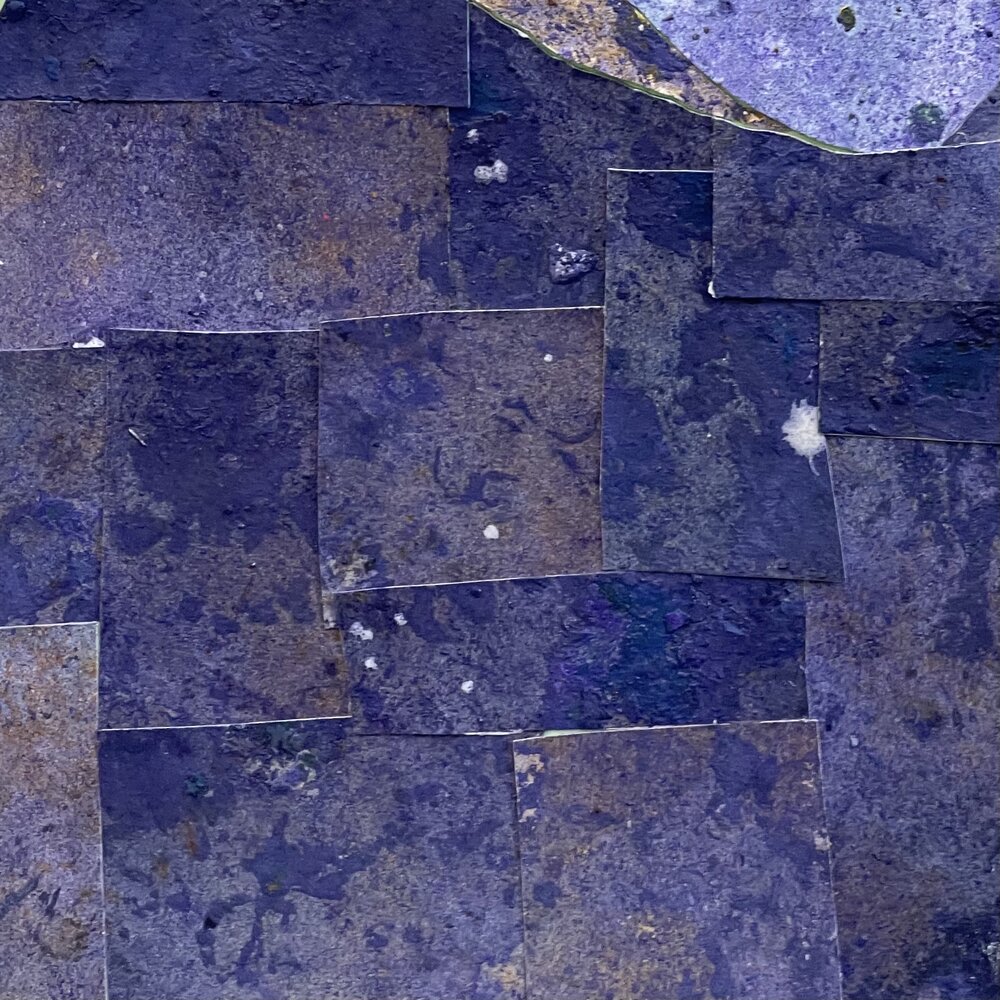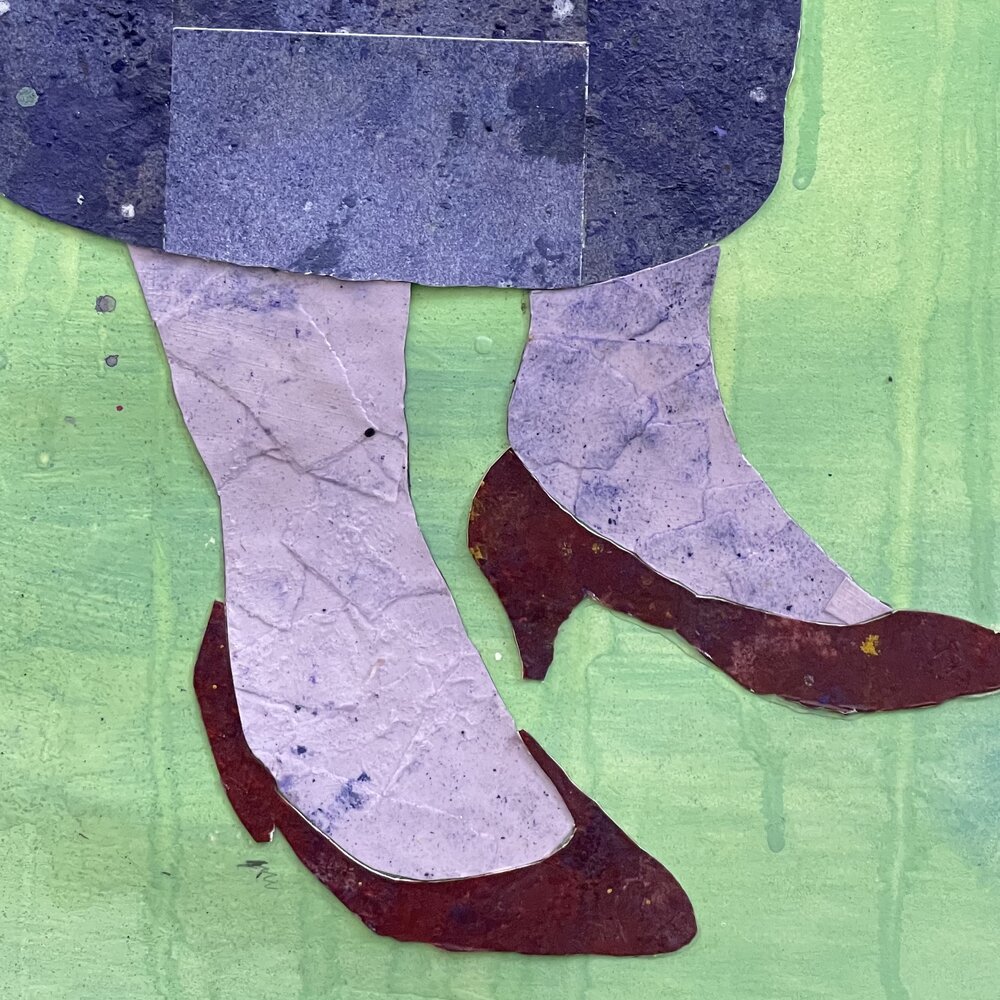“i did not not know i could be beautiful (number 6)” — GICLÉE PRINT
“years ago i was at a conference and then princeton theological seminary (now dean of howard university divinity school) professor yolanda pierce talked about touch and blackpentecostalism: how for many parishioners, especially women, church was one of the places that they could and would receive touch that affirms, that celebrates, that joys in one another as a sacred practice. it was the first time i’d heard the idea crystallized and made available to think about.
so one thing that moves me about some of the images in standing in the need of prayer is the way touch happens, especially for children, black children. church is, for me of course, complicated. but it was a place in which touch through prayer and mutual praise could happen. and it could be a space that teaches consensual touch, tender touch, restorative and healing touch. black children endure so much and we know this intuitively, we sense their genius and their deep sensitivity and their deep longing and desire for justice. but they are just as easily dismissed for ‘acting grown’ or being in ‘grown folks business’ (even if they’re only responding to how they are the object of adults’ conversations) and so, denied to them often is the kind of touch that affirms their personhood, their uniqueness, their beauty. did you know that you should tell your children, your black children, all black children, that they are beautiful? not that they’re cute or that they dress sharp, but that they are joyous and wondrous and infinitely imaginative and that they are a gift to the world? beauty. what if we allowed ourselves to be changed, more open and free, to consensual and sacred touch?
so i love the source image because here is a child leaning in to touch, head cradled gently. made with three shouting pieces as the foundation.”
$675.00
